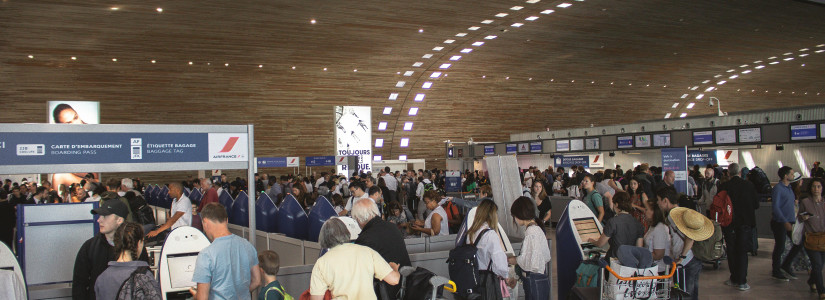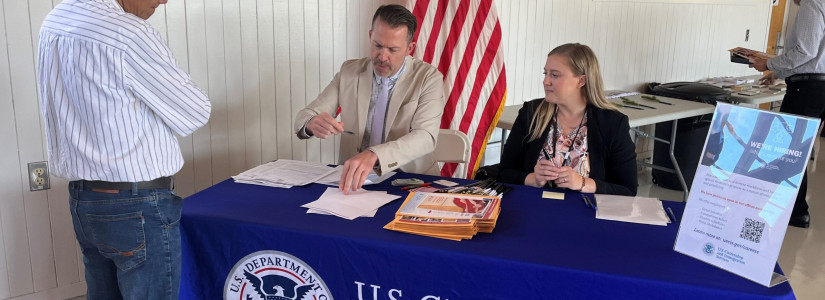Global Events and Their Impact on U.S. Immigration: How International Affairs Affect Visa and Immigration Status

In an increasingly interconnected world, global events significantly influence U.S. immigration policies and the experiences of those seeking entry into the country.
From geopolitical conflicts to natural disasters, these international occurrences can create ripple effects that shape visa eligibility, immigration status, and overall policy direction.
Let’s explore some key global events and how they impact U.S. immigration.
Geopolitical Conflicts and Refugee Crises
Geopolitical tensions often lead to significant displacement, resulting in increased numbers of refugees and asylum seekers.
The U.S. has historically played a role in providing refuge for those fleeing conflict. Recent examples include:
-
The Crisis in Afghanistan: Following the Taliban's takeover in August 2021, the U.S. faced an influx of Afghans seeking asylum. The U.S. government expedited processes for Special Immigrant Visas (SIVs) for Afghan allies, reflecting a commitment to assist those who aided U.S. efforts.
-
The Syrian Civil War: This ongoing conflict has generated one of the largest refugee crises in recent history. The U.S. has periodically adjusted its refugee admission policies to accommodate Syrians seeking asylum.
Natural Disasters and Immigration Status
Natural disasters can also have a profound impact on immigration.
Events such as hurricanes, earthquakes, and floods can displace thousands and lead to requests for Temporary Protected Status (TPS). For example:
- Hurricane Maria: In 2017, Puerto Rico was devastated by Hurricane Maria. The U.S. government offered TPS to affected individuals from specific countries in the Caribbean, allowing them to remain in the U.S. temporarily while conditions improved.
Trade Policies and Immigration Reform
International trade agreements can influence immigration policies by affecting labor markets and economic conditions. For instance, changes in trade relations with countries can lead to increased demand for certain job sectors, impacting visa applications:
- USMCA and Labor Mobility: The United States-Mexico-Canada Agreement (USMCA) aims to strengthen trade relationships and could impact employment-based immigration. As businesses adjust to new trade dynamics, the demand for temporary workers may increase, leading to potential reforms in visa categories.
Health Crises and Immigration Policy
The COVID-19 pandemic drastically altered the landscape of U.S. immigration.
Health crises can lead to restrictions on travel and changes in visa issuance:
-
Travel Restrictions: The pandemic resulted in widespread travel bans and delays in visa processing, creating significant backlogs. These restrictions impacted many seeking to enter the U.S. for work, study, or family reunification.
-
Vaccination Requirements: As vaccination rates increased, the U.S. government began implementing requirements for travelers to present proof of vaccination, impacting visa eligibility and entry protocols.
Future Considerations
Global events will continue to shape U.S. immigration policies and the experiences of individuals navigating the system.
Staying informed about these changes is crucial for anyone impacted by U.S. immigration, whether they are seeking visas, asylum, or citizenship.
As international dynamics evolve, so too will the opportunities and challenges facing immigrants.
-
Subscribe to our Newsletter to receive updates and resources about immigration benefits!
Related Articles
View all postsReady to get started?
Together, we'll turn your American dream into reality.
Your immigration journey is just a click away. Sign up for our newsletter to receive the latest updates, resources, and exclusive insights to aid your immigration journey. Let us be the guiding light to your new beginnings in the United States.
Subscribe









